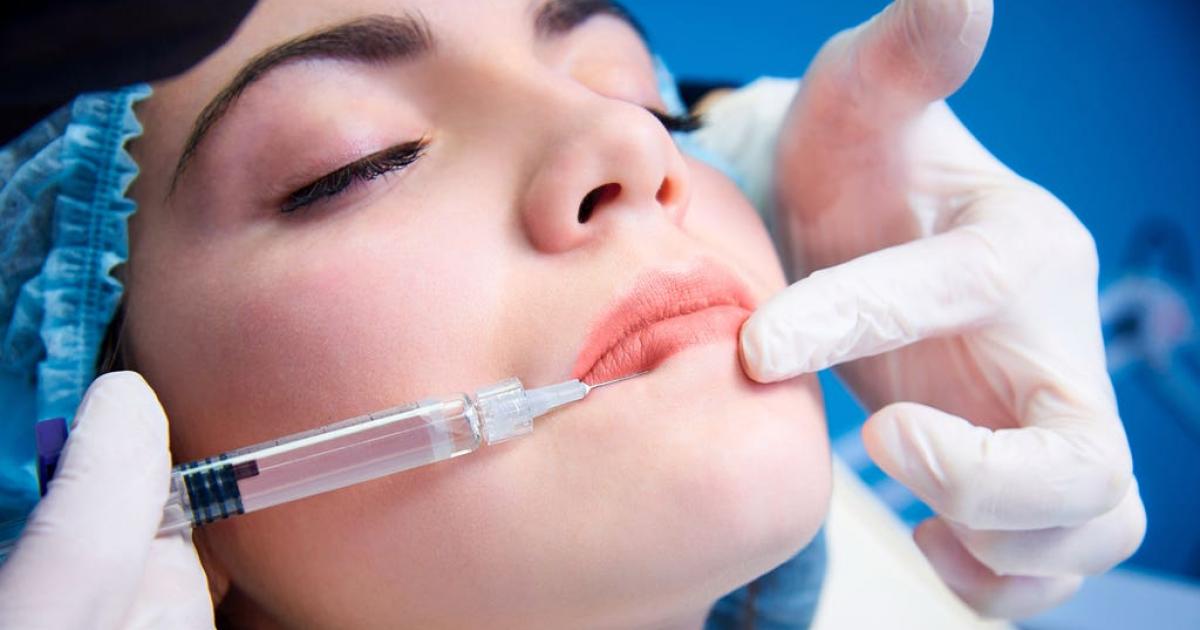Many clinics were too small to install the equipment, and some small businesses were stopped from opening until it was put in place, at a cost into the 10s of thousands.
The guidance at the time had stated that businesses must ‘submit a report from a competent ventilation engineer which concludes with a clear statement that the ventilation system achieves the specifications et out in SHTM 03-01 for applicable rooms in the premises. Without this certification, we will not approve your application’.
Laura McDonald opened up her premises in Glasgow’s east end and had to splash out on £20k worth of equipment before she could launch her aesthetics business, and since then the guidance has changed after pressure from companies, who had sought legal opinion.
Read More
It was in place between July 2023 and March 2024 before it was then changed and clinics were informed it was not the case, and it is believed at least 20 businesses are combining to take legal action to try and reclaim the money spent.
Those who installed the equipment must also get it tested every year and it results in the clinic being shut down for a day and being unable to bring money into the company, as well as being a further expense they feel is unnecessary and unfair.
Ms McDonald described the situation as ‘absolutely ridiculous’ and admits it is difficult to take that her business had to start a further £20,000 down when opening compared to others who opened premises just months after her, and did not have to put the equipment in place.
The annual report for HIS has revealed that the body has put £600,000 aside to deal with possible claims that are being made.
Clinics who are regulated by HIS have to pay in annual fees that can cost companies between £3k and £8k depending on size.
HIS say it is focused purely on ensuring patient safety remains a top priority and while they are aware of private clinics who feel there has been wrongdoing, it says it is unable to comment on legal cases.
Susan McMahon, a qualified healthcare professional and solicitor, has also been affected by the guidance and is among those leading the charge to get money back from the regulator.
She has grown frustrated at the body and believes they should have been coming forward with refunds for those affected but insists she will fight for redress through the courts if it is necessary.
She said: “It is disappointing that our regulator behaves in the entirely opposite manner to that which is expected of us as heavily regulated premises.
“It is equally disappointing that instead of making redress we are being made to fight further for a refund for something that should never have happened in the first place.
“Stakeholder consultation, engagement and communication should be at the heart of HIS but it is sadly lacking.”
A spokesperson for Healthcare Improvement Scotland said: “As the regulator for independent healthcare in Scotland our first priority has been, and continues to be, patient safety. In February 2025, we updated our position in relation to how private clinics demonstrate they are complying with the necessary requirements for ventilation.
“The update followed an extensive review in response to enquiries from private clinics regarding our interpretation of the requirements. Our approach is robust, fair, and proportionate to any potential risks to the care and wellbeing of patients and service users.
“The regulation of independent healthcare in Scotland is funded via registration fees from providers. We are aware of a small number of private clinics who believe they may have been adversely affected by our earlier interpretation of the national guidance. We cannot comment further on ongoing legal cases.”
